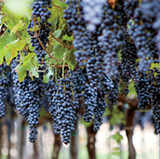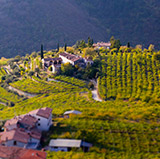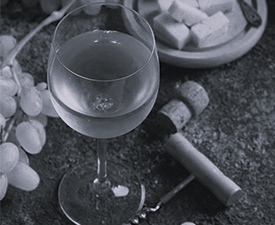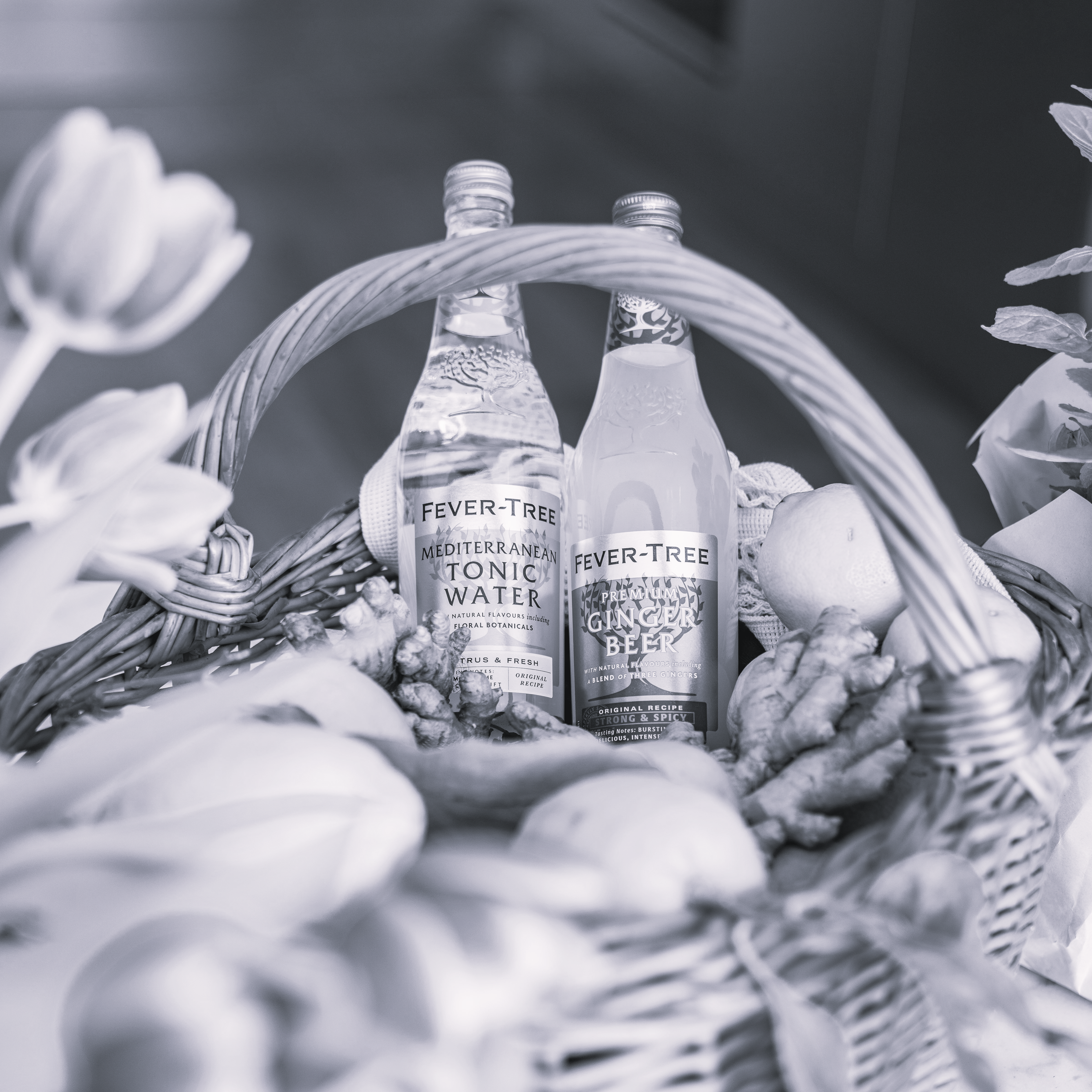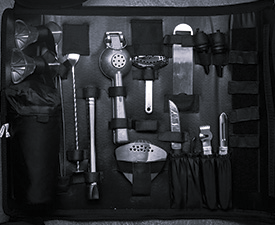Why is Amarone so special?
Although Amarone is well known, and by many much loved, it seems to be a wine style that is not particularly well understood.
Firstly, where is it from?
Amarone is a senior member of the Valpolicella family, from the home of Romeo & Juliet, Verona in north-eastern Italy. It is believed that the name 'Valpolicella' is derived from the Greek words for "Valley of Many Cellars", which suits the region which is made up of sprawling foothills covered in vineyards.
What makes Amarone different?
The grapes selected for the production of Amarone usually hail from the oldest vines of a wineries vineyards, and are picked later in the growing season to ensure full ripeness. Once picked, these grapes are stacked into large drying racks, and left to slowly dry over the winter months into raisins. This process drops the weight of the grapes by between 30-40% resulting in grapes with much higher concentration and high sugar levels.
Put simply?
To make a wine in the Amarone style you will require:
2 x the grapes
45+ days of fermentation
Long term ageing at the winery
As a result of the additional stages an Amarone requires during production, the wines usually request a higher price. But if this is a style of wine you would like to explore, luckily, there are other similar options available.
Passimento:
Made in the same process required of an Amarone, however from younger vine stock and shorter drying period. Providing a wine of similar style as an Amarone, with a price tag of a more appealling nature.
Ripasso:
This is a wine in which the vinified, and partly aged, Valpolicella is passed through the pomace of Amarone grapes, hence the name Ripasso, which means quite literally "to re-pass".

